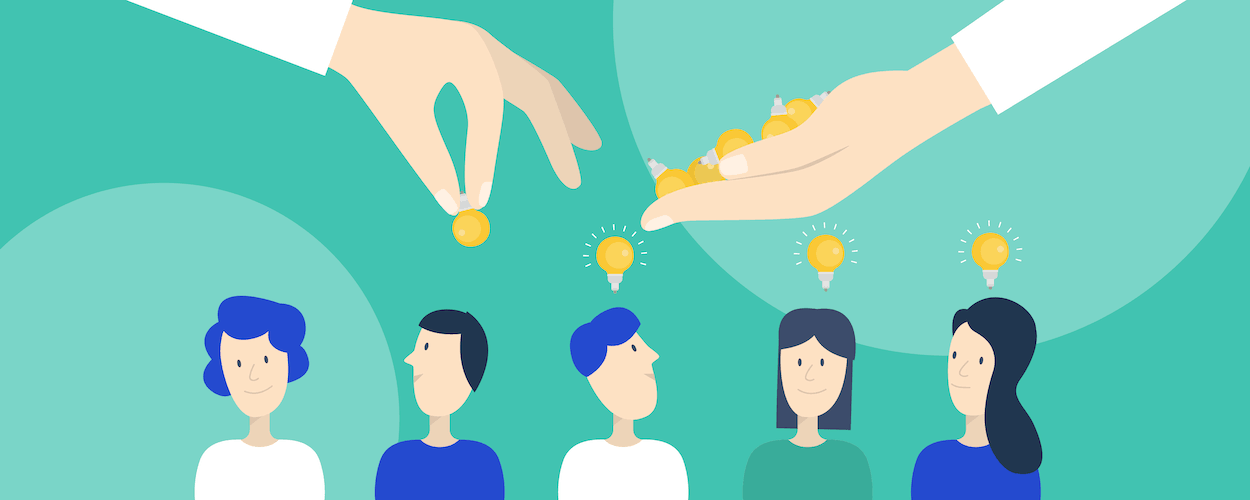Habits are a paramount aspect of our lives as humans. We depend on habits to form with tasks that we want to become second nature to us, so that we don’t have to think consciously in order to perform them. However, this can have negative effects on us, and so sometimes it is necessary to think every now and then about what habits you have, why you have them, and if they are beneficial or not to your life. The reason for that is when we don’t think about our habits EVER, if a harmful one ends up emerging, it’s very difficult to notice unless you truly observe and analyse yourself and your environment. Most people presume the damaging habits I’ll talk about will be something along the lines of “Eating unhealthily”, or “Not getting enough sleep”, or “Overusing social media”, but the habits I’ll be talking about are more applicable to people’s mindsets. I feel that these mindset habits are the cause of the habits above, and so training yourself to remove these will have a flow on effect to counter the behaviours listed before.
1. Victim Mentality
Victim mentality is a method that many people use to alleviate a sense of guilt or embarrassment they may have for a particular situation. Ordinary signs indicative of the victim mindset are stating you’re better off without others, feelings of helplessness, low motivation, exaggerating and dramatising trivial events, excessive attention craving, lack of empathy, low self esteem, severe self pity, and volatile negative emotions, especially anger and frustration. For example, a common use of the victim mentality is “I just don’t have enough time, I have to do X, Y, and Z”. This is used so frequently that it is almost unbelievable, and the chances are that you’ve said this multiple times without even realising. The issue is that most of the time, it’s a complete time. You DO have enough time, you just CHOOSE to not prioritise whatever it is that you were referring to not having time to complete. You may feel as though there was no time, but it is more probable that you spent time doing something else without noticing, like scrolling on social media, and time naturally flew by. Combined with a sluggish pace when working, it leads to the assumption that there was simply not enough time. This victim mentality attempts to convince yourself of a lie, a lie that in the short-term, makes you feel slightly better, since you ease the presence of the harsh reality that settles in. However, this does not provide you with a long-term solution to the issue you likely have. The victim mentality is a way to not accept reality, to give you an emotional escape route. This must be eliminated urgently, because once you encounter a situation where you are unable to find an escape, your stress tolerance will be so low that you’ll virtually collapse mentally. Part of being human is accepting when things do not go your way, or when you fail, because you can then utilise it as a way to improve yourself, rather than dwelling, and proceeding to resort to claiming to be a victim. One of the most effective approaches to eradicate the existence of the victim mentality is to purposefully put yourself in uncomfortable situations, where you’re likely to make mistakes, feel nervous, or fail. You have to do this quite often, setting tough goals for yourself and putting yourself under regular high, yet manageable stress will allow you to practice increasing your tolerance. It is also advantageous if you make a promise to yourself that instead of blaming anyone or anything else for any mistake or issue that occurs EVER, you MUST concentrate on what YOU could have done to decrease the probability of this happening again. Extensively analyse what you did, what happened, what you hoped would have happened, and how you can alter your actions to lead yourself in that direction. This promise NEEDS to be fulfilled. If you cheat on this, you won’t get yourself any further to your aim of removing the victim mentality from your regular thought processes; be truthful to yourself, and do it.
2. Impulsivity
Impulsivity is an extremely dangerous habit to have, and can cause problematic scenarios within an instant. Impulsivity is the tendency to act without thinking, and is virtually the definition of a loss of control. This is a huge issue, because the only thing humans have full control over is how they think and act, NOTHING else can be guaranteed, it is dependent on external factors. So if you are incapable of controlling yourself emotionally and behaviourally, you can’t control ANYTHING. Would you be content living life as an NPC forever? By definition, if you are unfit for incinerating impulsivity from your life, you would be considered an NPC. A really common outlet for people, especially men, with a low tolerance of controlling urges is pornhub. I hear this all the time, guys bringing up porn into every conversation imaginable. Some try to hide it to avoid public shaming, but it is clear if they watch it consistently? Why on earth would you want to watch random strangers on the internet being intimate with each other? Why would you want to watch that? I’ll tell you why, it gives you short term pleasure. We have so much short term pleasure on the internet nowadays that others feel the need to cope with the fact that they are unable to get in a relationship by convincing themselves they’re involved from watching paid actors share an unrealistic sexual experience with each other. What’s the point? How does it advance your life in any way? The next time you grab your device and lock your door for some watching time, take at least 5 minutes to contemplate and analyse what you’re actually doing. Take 5 entire minutes to simply think about how you watching others have sexual intercourse is going to impact your life, other than wasting your time. Do you have things to do? Work to complete? Exercise to perform? The reality is, YOU DO. You’re putting it off though to watch something you’ll never get to do if you continue on the current route of impulsive decision making. It strikes me how many people physically cannot prevent themselves from watching things like this, even when they know they shouldn’t. The lack of control you would have over your own brain for that to happen is almost unfathomable. Don’t reach for that ice cream, don’t grab that phone, don’t sit in your bed all day, don’t watch that useless video, don’t take the television remote, don’t do these things for ONCE. You have to train yourself by instead resisting the urge to do these tasks. Constantly think in your head, “Am I acting impulsively”, “Will this help me?”, “Does this benefit my life”. You must have these concerns when performing ANYTHING, because you need a way of realising when you could be doing something more productive. Practice dealing with these urges by desensitising yourself to them. Place a bottle of coke in front of you, and don’t drink it. EVER. Don’t resist for 1 minute and then proceed to give up, resist forever, distract yourself by finding passions that benefit your life. Lastly, think for yourself, observe your behaviour objectively, and don’t give in to impulses blindly.
3. Persuadability
Persuadability is the final habit I’ll be discussing, and this is one that can vary a lot in how detrimental it is to your life, depending on the circumstances and severity of the persuadability. For example, one may simply be persuaded by their family to pursue a sport, which in most cases, is a positive thing. However, the danger lies when one leaves themselves vulnerable to being persuaded in a situation where it could pose a threat to someone else or to themselves. An example of this occurring would be when young teenagers are pressured into something such as vaping, narcotics, violence, bullying, consuming extremely unhealthy foods, and underaged and sometimes non-consensual sexual intercourse. It is fairly obvious of the harm that these can lead to, and that’s the nature of persuasion. Persuasion in itself describes inducing someone to do something through reasoning or argument, but sometimes reasoning isn’t necessary when short term pleasure is involved, that BECOMES the reasoning. Famous physicist Richard Feynman once said “Keep an open mind, but not so open that your brains fall out”. You should be open to new ideas and concepts, but falling prey to manipulation without any thought causes you to become an individual who isn’t really an individual, because you can’t think for yourself. You begin to rely on other people and things to keep you happy with these impulsive compulsions, rather than your own peace of mind and individuality. Keep your moral compass strong, leave a path clear for new entries, but that path needs a toll; there should be requirements necessary for any idea to arrive and depart.
There you go, 3 habits that you must remove from your life IMMEDIATELY. Remember, some of these are acceptable in very specific circumstances, but as long as you take time to digest the information in this article, you’ll be able to recognise when it becomes harmful. If you want to see more free content on topics similar to this that are CRUCIAL to your life and development, check out LuxPursuit’s Youtube channel, the first video will be released within 24 hours from this post!
https://www.youtube.com/channel/UCvvemLZYI6HxHlxWvHCAhSQ







